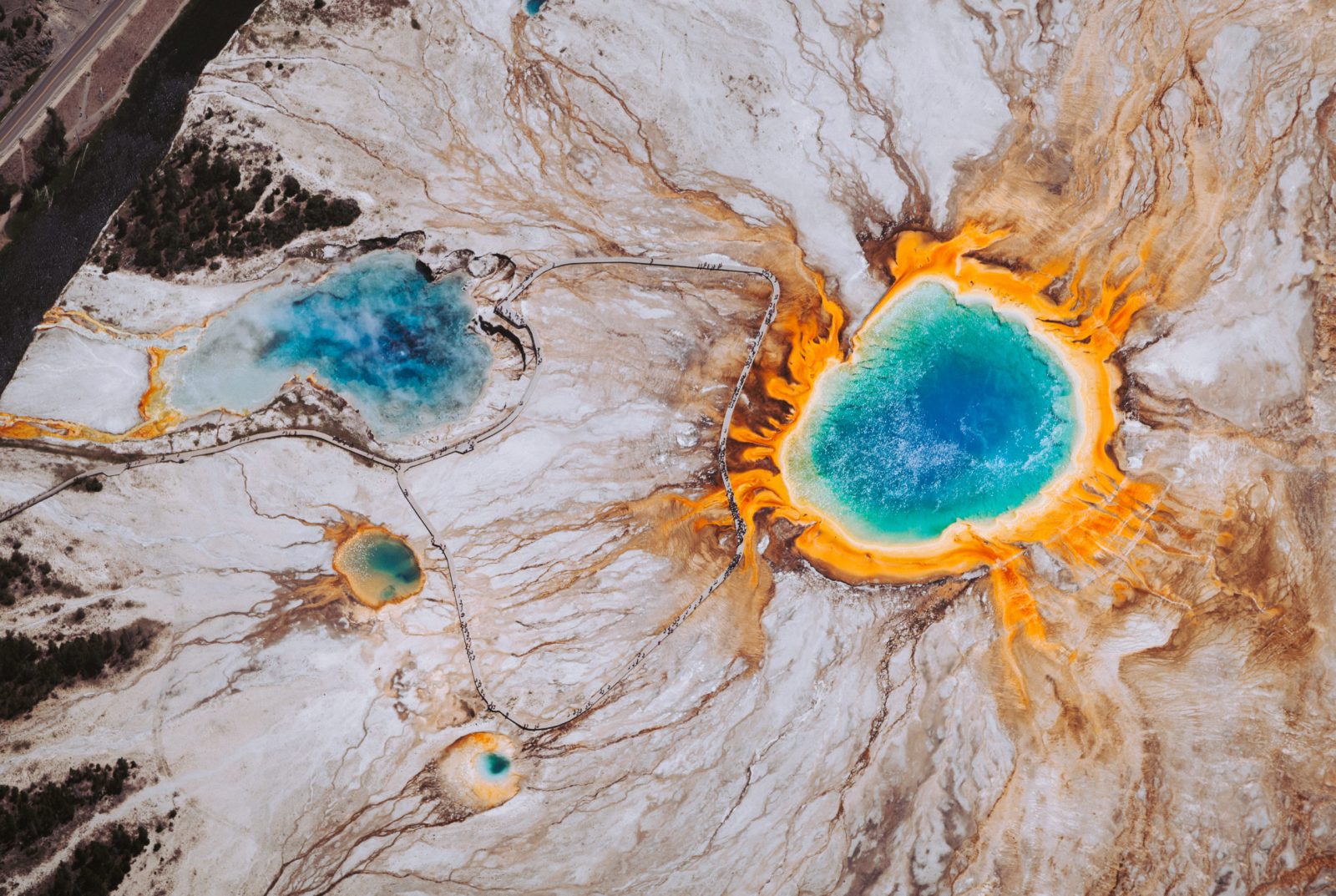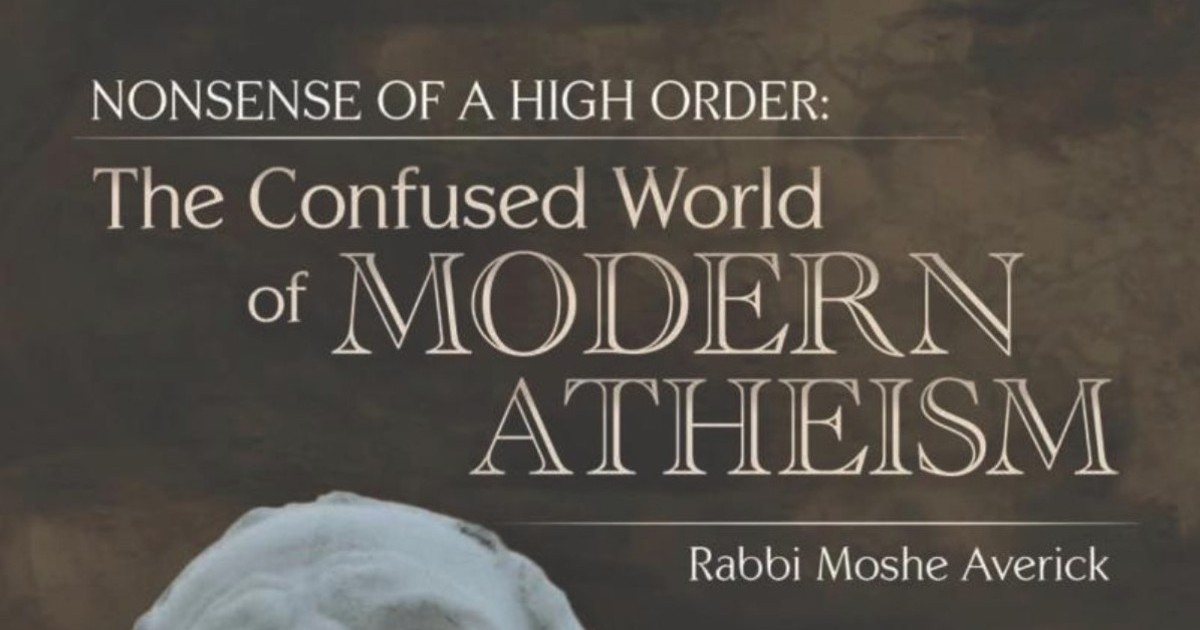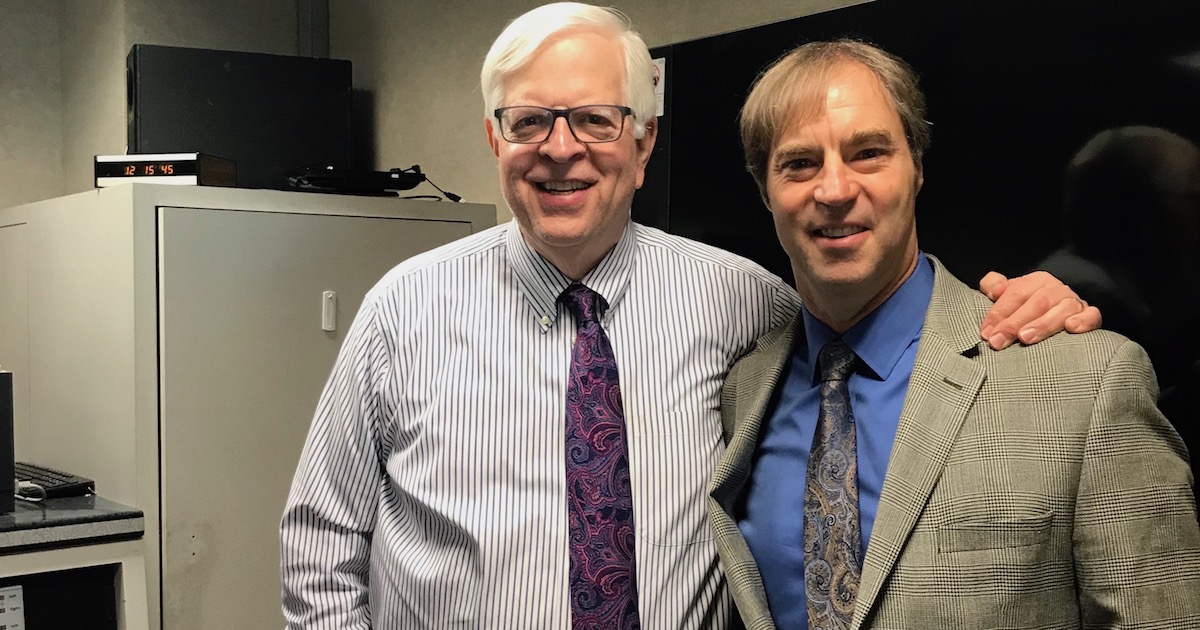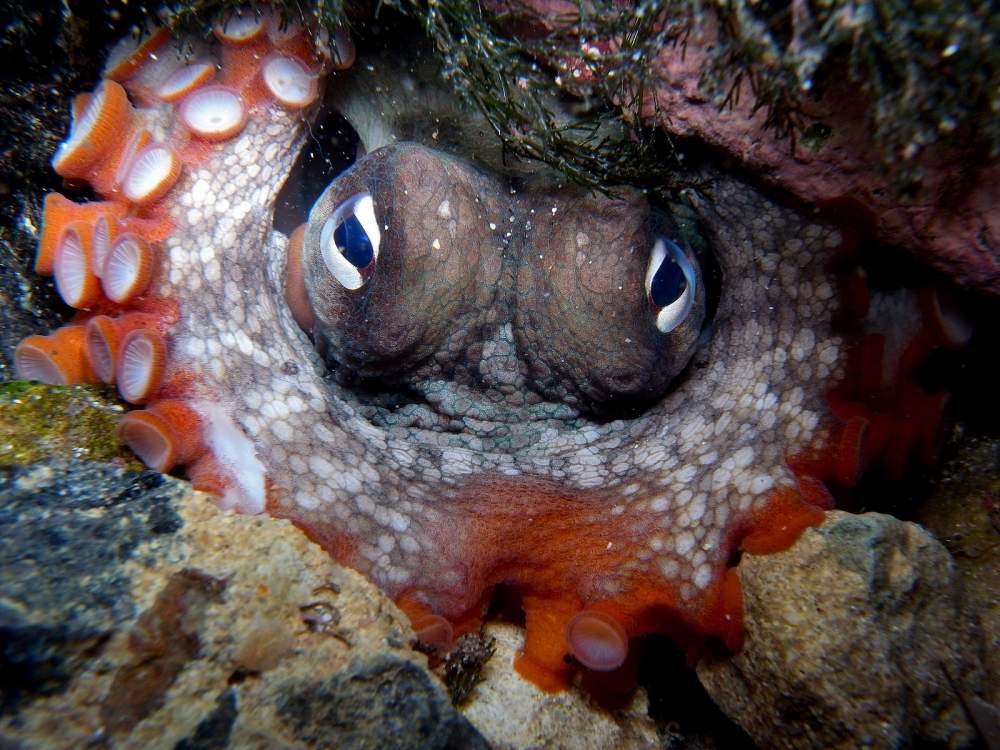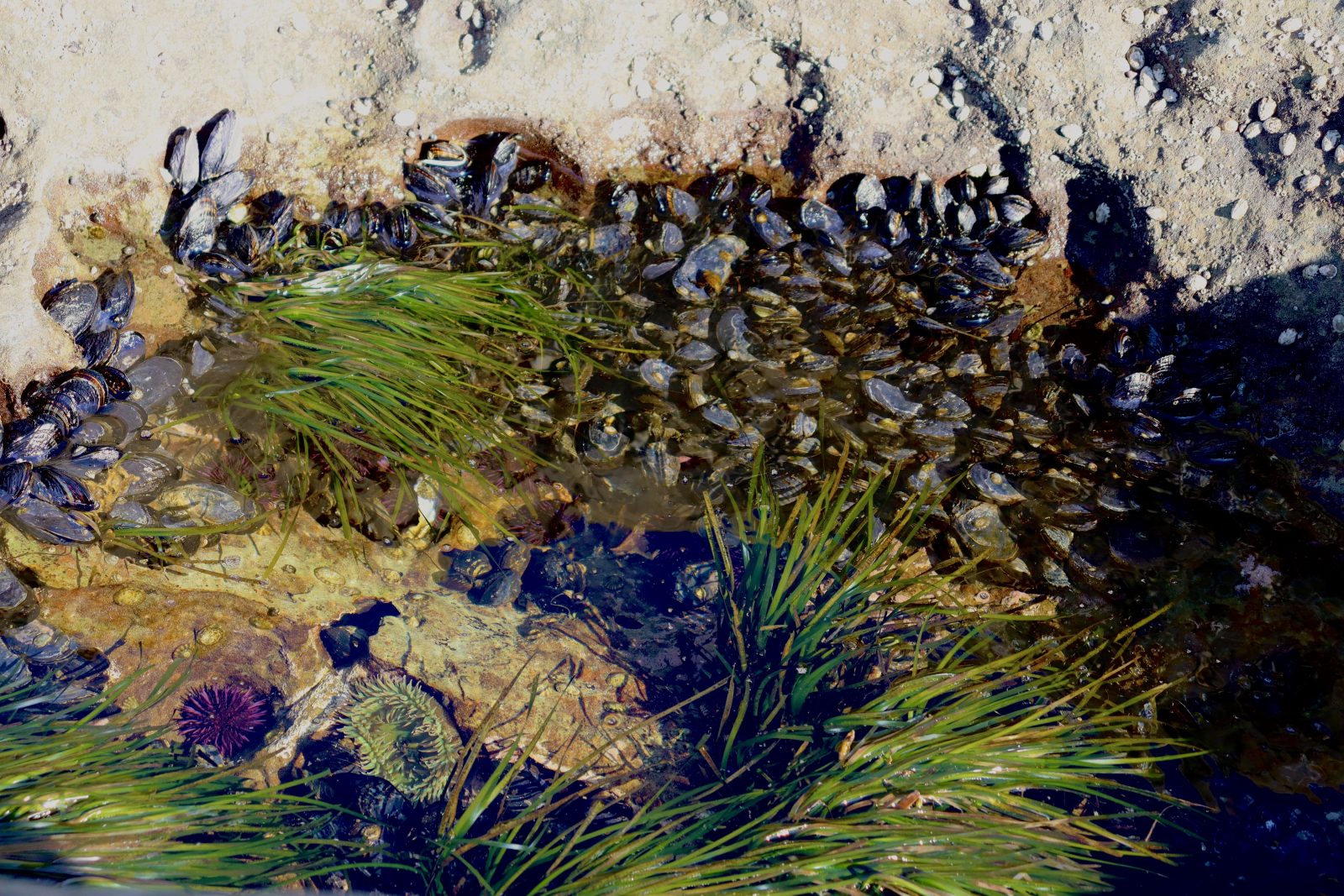
Walter Bradley on the New Mystery of Life’s Origin, Pt. 2
On this episode of ID the Future, Robert Marks continues his conversation with Walter Bradley, co-author (with Charles Thaxton and Roger Olsen) of the groundbreaking 1984 work The Mystery of Life’s Origin. A revised and expanded edition of the book has just been released with new contributions from James Tour, Guillermo Gonzalez, Stephen Meyer, and others, but today Bradley and Marks discuss the book’s first release, including the cultural context that made finding a non-religious publisher an uphill battle, and discussion of some of the endorsements and early reviews, including one drive-by and four positive responses from distinguished scientists Robert Jastrow, Dean Kenyon, Robert Shapiro, and Fritz Schaefer. Bradley and Marks also discuss some scholars who more recently have testified Read More ›

